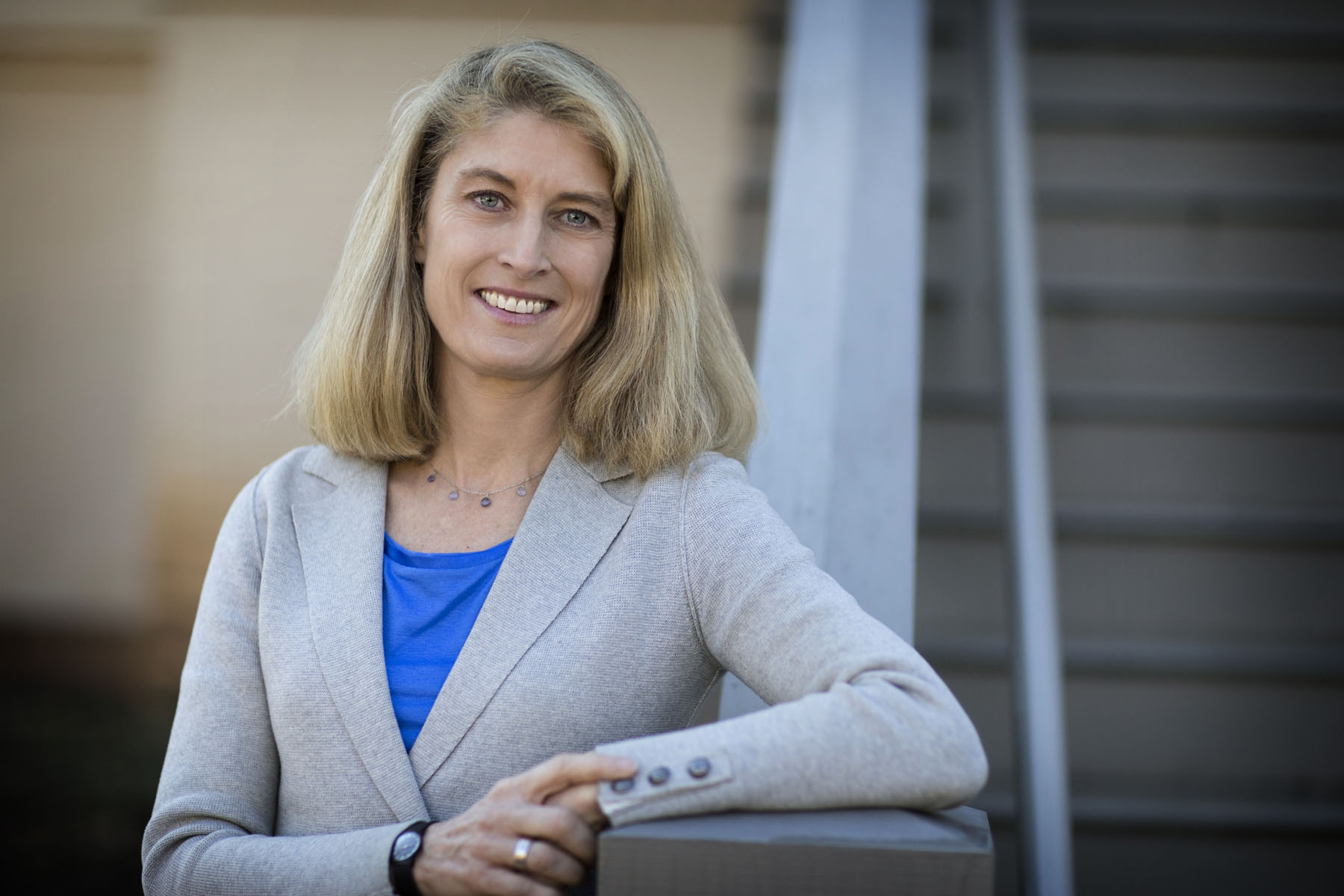During a time of climate change, population growth and increasing urbanization, there are many possible approaches to mitigating and possibly solving local, regional and world-scale environmental issues related to human activities.
On Thursday, the University of Virginia will focus on advancing research to better understand how humans and the environment are linked, and ways to deal with some of the major environmental challenges of our time during an interdisciplinary Resilience Forum, to be held from 9 a.m. to 1 p.m. in Nau Hall Auditorium.
[See full schedule.]
“The purpose is to present and discuss ideas related to common themes that build on current faculty strength with the potential to distinguish and transform research at U.Va.,” said the event’s lead organizer, Karen McGlathery, associate vice president for research, sustainability and the environment. “It is a first step in creating a common vision for formulating initiatives and identifying specific themes related to resilience.”
She described resilience as “the capacity of systems, natural or human-built, to function and flourish in the face of environment change.”
“Some changes are predictable; some are uncertain; some are unforeseen. Resilience marks the ability of human and natural systems to adapt,” McGlathery said. “The linkage between humans and the environment is critical to resilience. By studying resilience, we have the ability to both affect the rates of change – to avoid tipping points – and to prepare for some change that is inevitable.”
Sponsored by the Office of the Vice President for Research, the forum will include a keynote address by resilience scholar Stephen Carpenter, a professor at the University of Wisconsin and winner of the 2011 Stockholm Water Prize, one of the world’s premier honors in environmental science. He will speak on “Water, Sustainability & Climate in an Urbanizing Agricultural Watershed.”
“This U.Va. forum will enable our University community to jointly learn about and explore the many dimensions and efforts collectively represented by our faculty, and to create a comprehensive, interdisciplinary and distinguishing initiative on resilience, a topic of immense societal significance,” said Phil Parrish, interim vice president for research.
The forum will include “lightning talks” by faculty designed to present examples of current U.Va. research in the areas of sustainability and resilience, followed by town hall-style discussions on areas of current strength at the University and opportunities to enhance the development of a broader vision for an eventual across-Grounds resilience initiative. Faculty from all schools and units are encouraged to attend and share their ideas.
U.Va. President Teresa A. Sullivan will present opening remarks.
Craig Benson, incoming dean of the School of Engineering and Applied Science, will moderate the session on “Water, Food and Energy Security.” A session on “Resilient Communities” will follow, moderated by School of Architecture Dean Beth Meyer. Ian Baucom, dean of the College and Graduate School of Arts & Sciences, will moderate the third session on “Stewardship and Governance.”
All three sessions will include faculty member participants from across the University, including engineering, planning and architecture, environmental sciences, religion, philosophy, anthropology, sociology, psychology, English, arts, politics, business, commerce, law, public policy and leadership, medicine and education.
“We’re linking the natural and social sciences, humanities, arts, education and the professional schools to look for new ways to address big environmental issues – such as water scarcity, energy security and sea-level rise – in the face of current and impending change,” McGlathery said.
The event will close with a “next steps” discussion by McGlathery on ways to move forward with new ideas to shape the future of resilience research and activities at the University. A lunch reception will follow.
She noted that major funding agencies, such as the National Science Foundation, the Department of Energy and the Department of the Interior, increasingly are seeking multidisciplinary projects to address a range of resilience and sustainability issues.
“U.Va. can be very competitive for large grants if we develop a shared vision,” she said. “This also is an opportunity to train our students in interdisciplinary research and to seek answers to society’s biggest challenges.”
Registration is requested; contact Cheryl Wagner in the Office of the Vice President for Research at cheryl-vpr@virginia.edu.
Media Contact
Article Information
May 1, 2015
/content/thursday-forum-lay-groundwork-university-wide-resilience-focus

